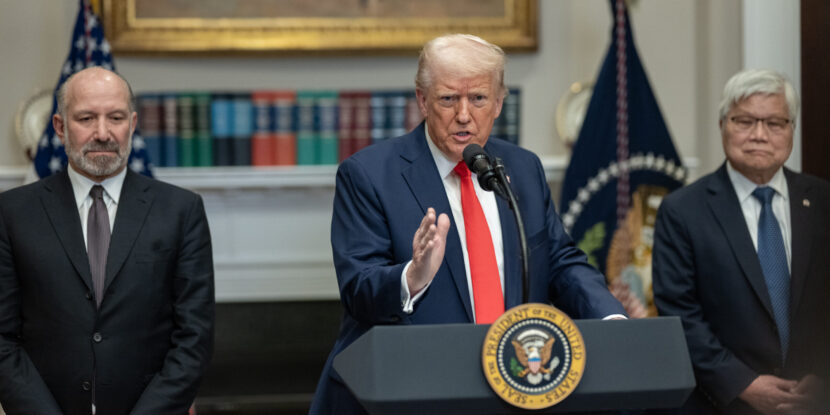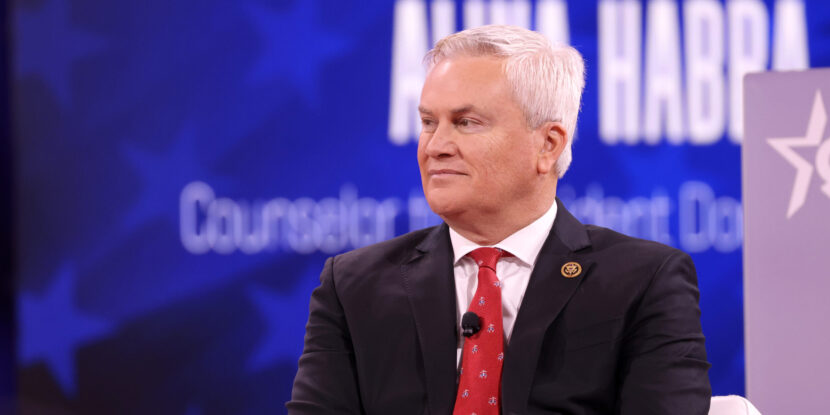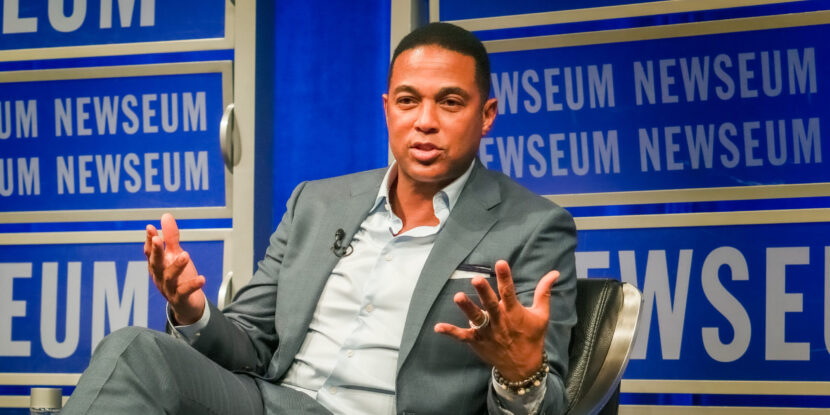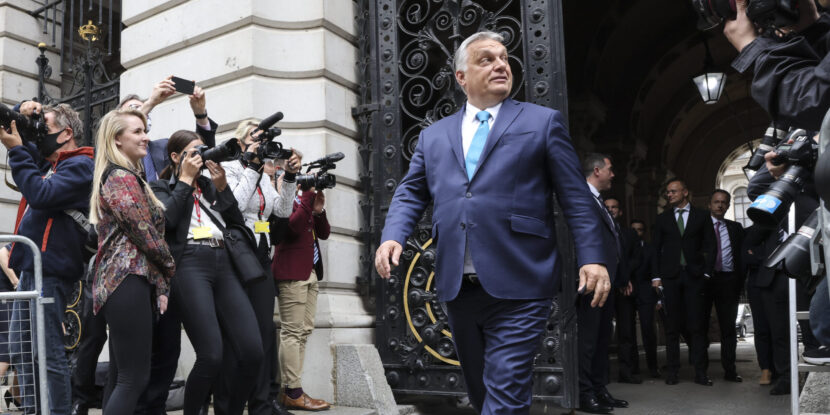❓WHAT HAPPENED: The White House directed federal agencies to prepare for potential mass firings as a government shutdown looms.
👤WHO WAS INVOLVED: President Donald J. Trump’s administration, the Office of Management and Budget (OMB), U.S. federal agencies, and congressional Democrats.
📍WHEN & WHERE: The memo was sent on Wednesday, ahead of a fiscal deadline on September 30, 2025.
💬KEY QUOTE: “Programs that did not benefit from an infusion of mandatory appropriations will bear the brunt of a shutdown,” the memo stated.
🎯IMPACT: Non-essential operations could halt, affecting hundreds of thousands of civil servants who may be temporarily left without pay.
The White House has instructed U.S. federal agencies to brace for mass firings as a government shutdown looms next week. This directive originated from a memo by the Office of Management and Budget (OMB).
Unlike previous shutdowns, the Trump administration plans to go beyond temporary furloughs. Agencies have been told to target programs that are not legally mandated to continue, as outlined in the memo sent to media on Wednesday.
The memo emphasized that programs lacking mandatory appropriations will face significant impacts. Agencies must submit their staff reduction plans and notify employees accordingly.
This situation arises from ongoing disputes between the Trump administration and congressional Democrats over federal funding, with a fiscal deadline approaching at midnight on September 30. Democrats recently rejected a stopgap funding bill passed by the Republican-controlled House.
“After reviewing the details of the unserious and ridiculous demands being made by the Minority Radical Left Democrats in return for their Votes to keep our thriving Country open, I have decided that no meeting with their Congressional Leaders could possibly be productive,” President Trump wrote on his Truth Social platform on Wednesday.
“They are threatening to shut down the Government of the United States unless they can have over $1 Trillion Dollars in new spending to continue free healthcare for Illegal Aliens (A monumental cost!), force Taxpayers to fund Transgender surgery for minors, have dead people on the Medicaid roles, allow Illegal Alien Criminals to steal Billions of Dollars in American Taxpayer Benefits, try to force our Country to again open our Borders to Criminals and to the World, allow men to play in women’s sports, and essentially create Transgender operations for everybody,” he contiued, stressing: “They must do their job! Otherwise, it will just be another long and brutal slog through their radicalized quicksand.”
Join Pulse+ to comment below, and receive exclusive e-mail analyses.










